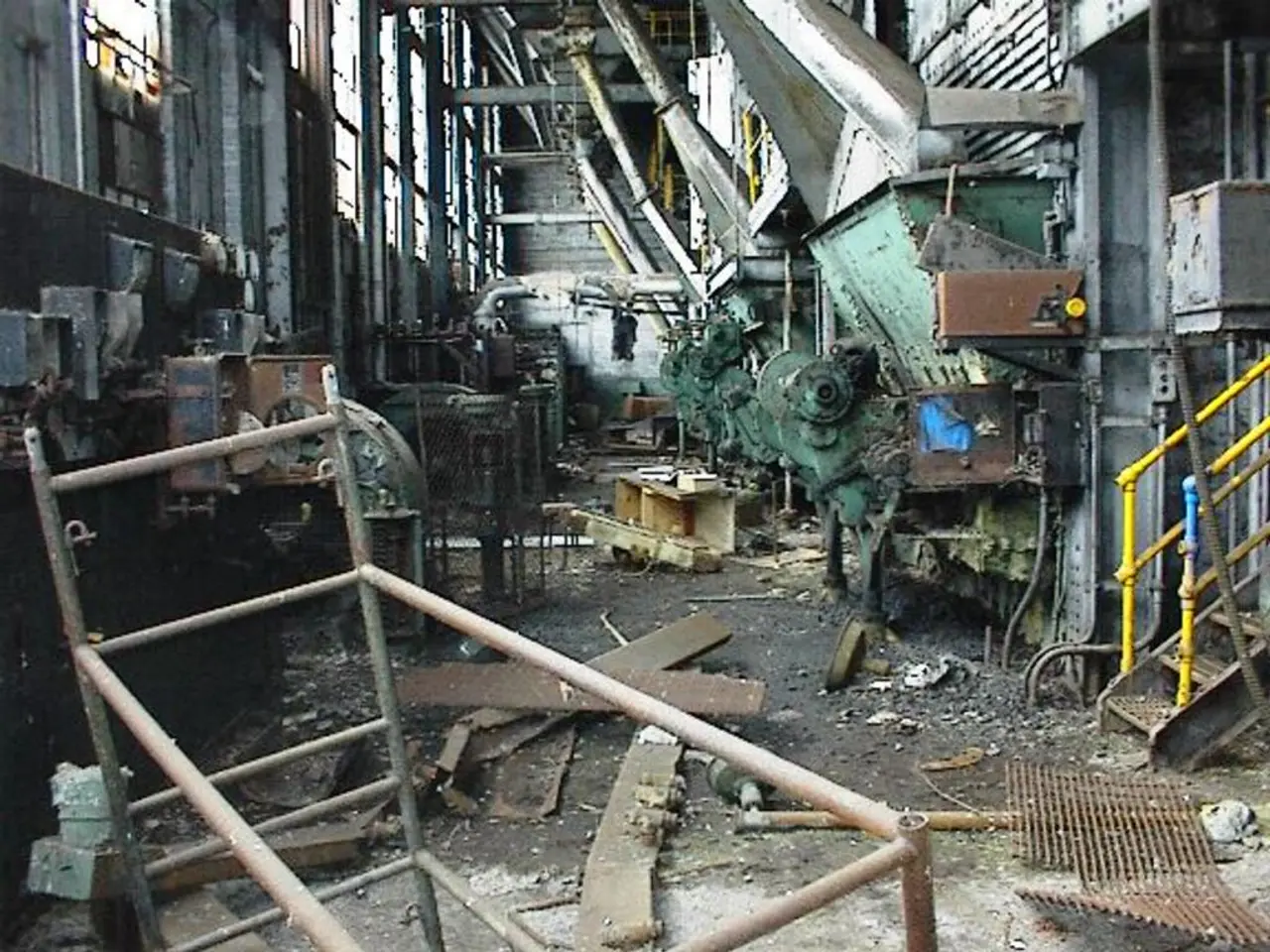Saudi Arabia advocating for Palestinian state establishment
In a significant diplomatic move, Saudi Arabia has initiated a strong push for international recognition of a Palestinian state, aiming to revive the two-state solution to the Israeli-Palestinian conflict. This campaign, led jointly with France, seeks to build global momentum for recognizing Palestinian statehood based on the 1967 borders with East Jerusalem as its capital.
The Saudi-led initiative has faced criticism from the Trump administration, which labelled it a "publicity stunt," and Israel's ambassador to the UN, who complained that the conference organizers are engaging in discussions and plenaries that are disconnected from reality.
Despite the criticism, Saudi Arabia's push for Palestinian state recognition serves multiple purposes. Enhancing Saudi Arabia’s leadership and influence in the Arab and Islamic worlds by championing the Palestinian cause remains a central focus. By pushing for international recognition, Saudi Arabia strengthens its negotiating position toward any future agreements with Israel.
Moreover, the move aligns with broader international and regional diplomatic efforts. The Saudi-French initiative seeks to synchronize recognition moves by influential countries ahead of United Nations forums, anchoring Palestinian sovereignty within international law and diplomacy.
Regional stability is another crucial factor behind Saudi Arabia’s push. As the kingdom seeks to diversify its economy away from oil, leading a push toward Palestinian statehood is seen as a means to maintain peace and stability in the Middle East.
The Saudi-French initiative has garnered support from various quarters. The UK and Canada have conditional recognition of Palestine, while France, Canada, Malta, the UK, and Australia have announced they would be recognizing a Palestinian state or are seriously considering it.
Last week, Saudi Arabia and France chaired a conference on the topic, and the declaration outlines a phased path toward a two-state solution. The "New York Declaration," signed by all member states of the Arab League, the EU, and around 17 other countries, also condemns attacks by Israel against civilians in Gaza and civilian infrastructure.
However, the Saudi-French initiative still faces considerable opposition from Israel and its ally, the US, with neither participating in the meeting and both criticizing it. Despite the challenges, Saudi Arabia remains committed to leading the charge for international recognition of a Palestinian state.
The Saudi-led push for Palestinian state recognition is not a new development. Plans for a two-state solution date back to the late 1960s, and the Arab Peace Initiative, proposed by Saudi Arabia's King Abdullah in 2002, was agreed upon by all Arab League members and suggests recognizing and normalizing relations with Israel in exchange for ending the occupation and establishing a Palestinian state.
The recent moves at the UN may also be a way for Saudi Arabia to combat a negative image in the Arab and Islamic world, where it was often seen as a "traitor" to the Palestinian cause. Saudi diplomacy advances other foreign policy objectives as well, including forming an Arab-Islamic voting bloc, gaining influence in energy and maritime security negotiations with the West, and consolidating its position in the post-Gaza-war architecture.
As the push for more countries to recognize Palestinian statehood continues, humanitarian concerns remain. NGOs have warned of a hunger crisis in Gaza, underscoring the urgent need for a peaceful and lasting solution to the Israeli-Palestinian conflict. The Saudi-French initiative, which advocates for Palestinian statehood, is moving the needle towards a more stable and just Middle East.
- The Saudi-led push for Palestinian state recognition aligns with broader international and regional efforts in policy-and-legislation and general-news.
- Criticism from the Trump administration and Israel's ambassador to the UN has not deterred Saudi Arabia from advocating for Palestinian statehood in war-and-conflicts and human rights.
- The two-state solution to the Israeli-Palestinian conflict, supported by Saudi Arabia and France, is a significant diplomatic move in world politics.
- The "New York Declaration," signed by various countries including the UK, Canada, Malta, the UK, and Australia, supports the phased path toward a two-state solution and condemns attacks on Palestinians in Gaza.
- Saudi Arabia is committed to leading the charge for international recognition of a Palestinian state, a move aimed at enhancing its leadership and influence in the Arab and Islamic worlds.
- The move toward Palestinian statehood is not a new development, with plans dating back to the late 1960s and the Arab Peace initiative proposed in 2002.
- NGOs have expressed humanitarian concerns about a hunger crisis in Gaza, underscoring the urgent need for a peaceful and lasting solution in the Middle East, a region where Saudi diplomacy seeks to maintain stability and form an Arab-Islamic voting bloc.





